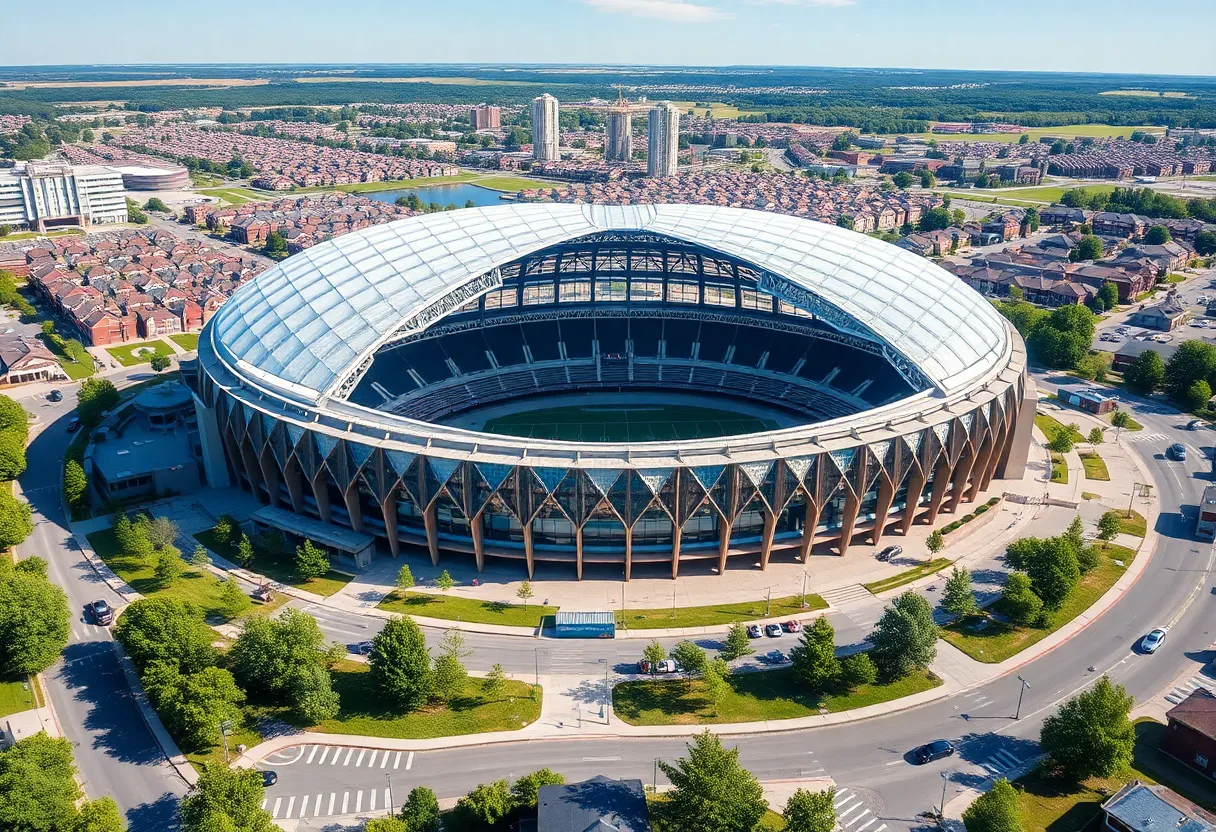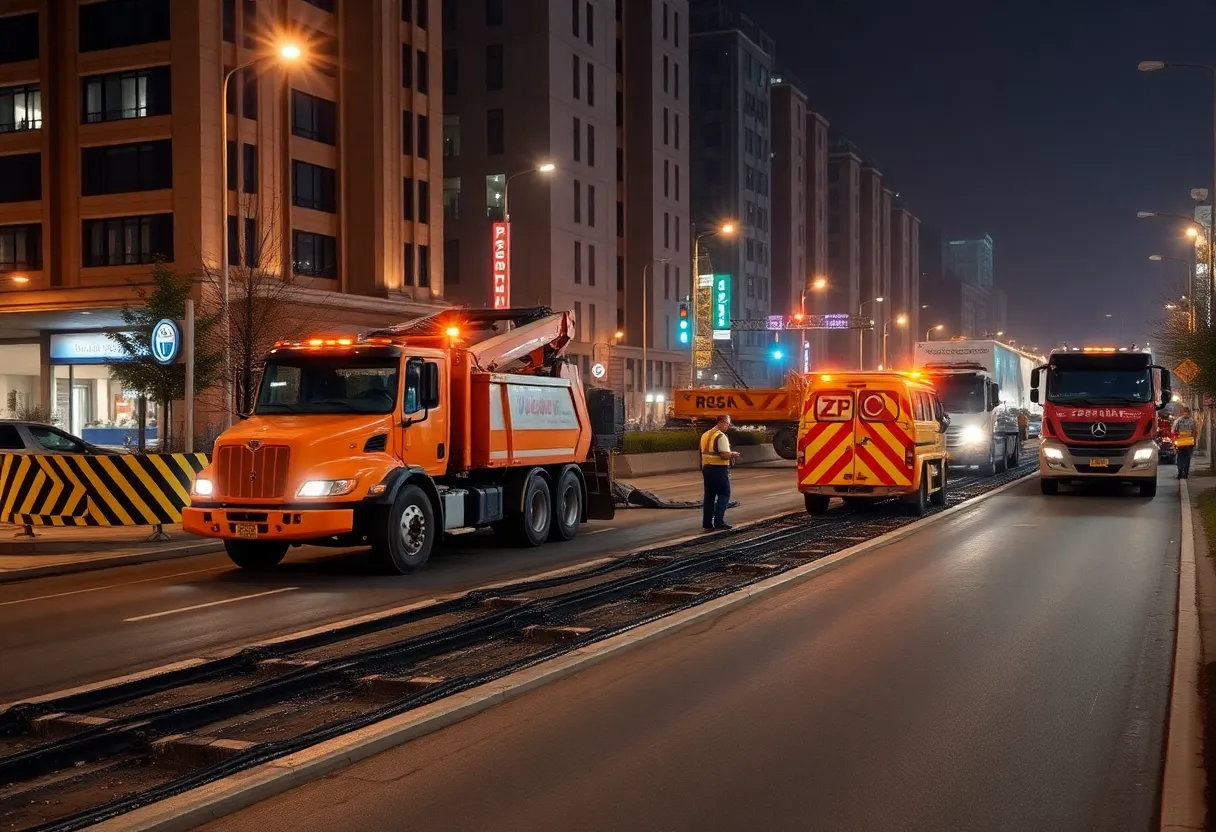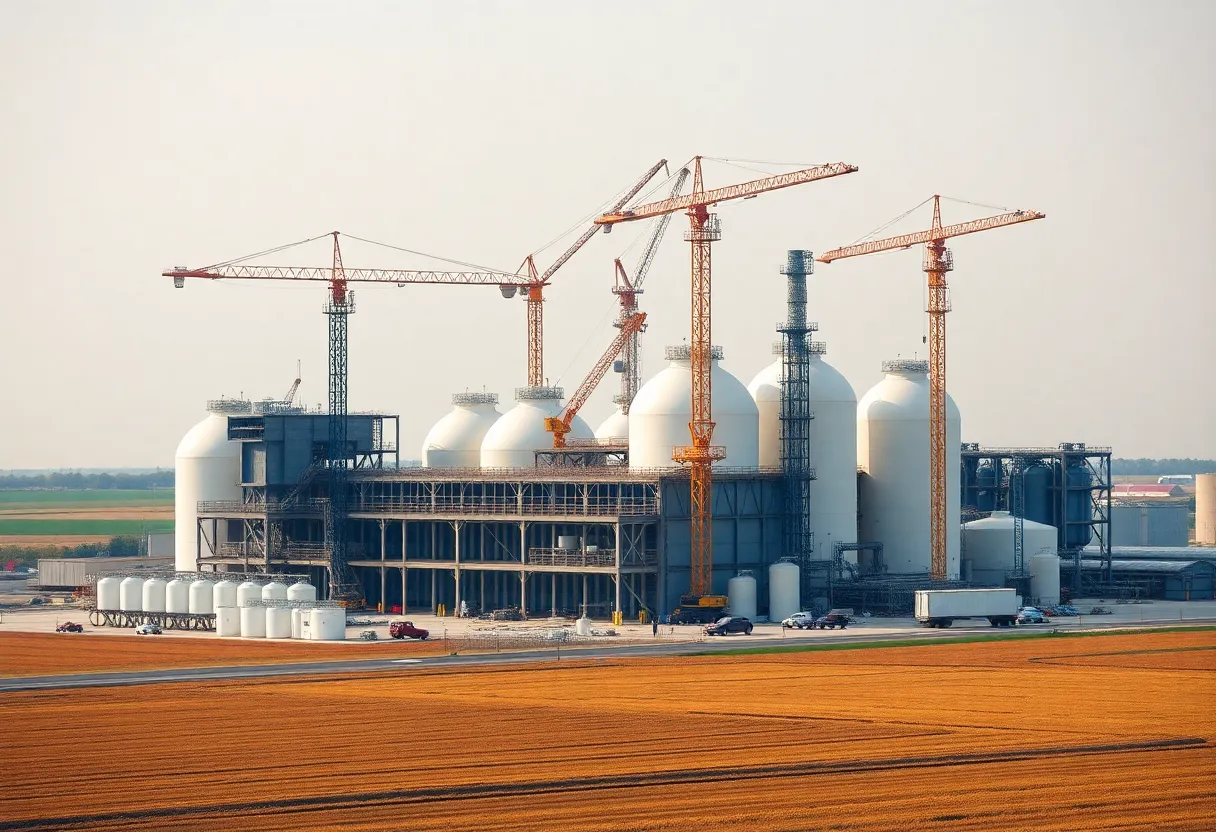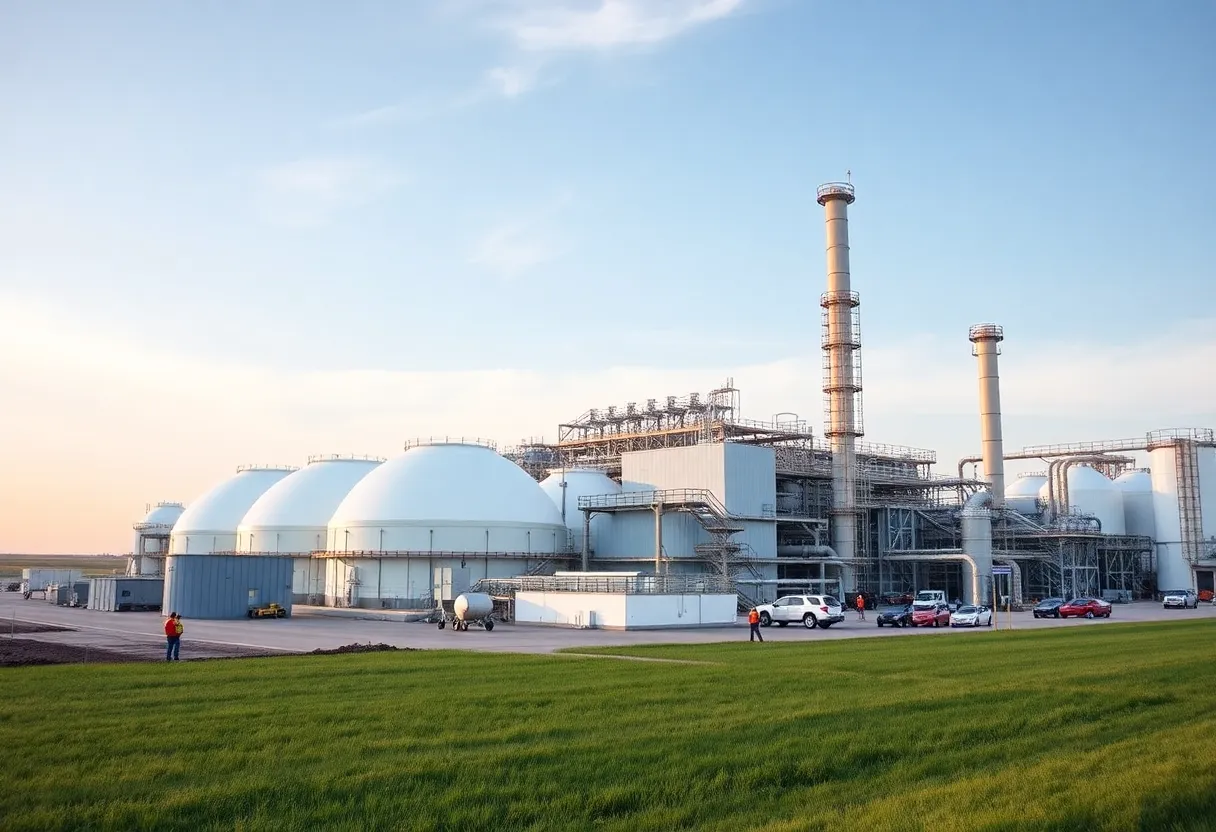Arlington Heights, August 13, 2025
News Summary
The Chicago Bears are advocating for a property tax bill proposal that aims to create certainty for their planned stadium in Arlington Heights. Team leaders emphasize that a fixed annual payment, instead of fluctuating property taxes, would allow for clearer budgeting and attract private financing. As discussions continue, Illinois Governor J.B. Pritzker is reviewing the proposal but has not committed to public funding. The outcome of this legislative push could determine the timeline and financial framework for the stadium project.
Chicago Bears push for property tax bill to advance new Arlington Heights stadium
The Chicago Bears are pressing state lawmakers in Springfield for a new law that would create property tax certainty for their planned stadium in Arlington Heights. Team leaders say a PILOT—short for payment in lieu of taxes—is essential to start work, with the goal of breaking ground later this year. Without this legislation, team executives say the project cannot move forward.
At the center of the request is a proposal that would let the team negotiate a fixed annual payment to Arlington Heights instead of paying a standard property tax bill that could rise over time. The plan also seeks access to a portion of the expanded sales tax revenue that the stadium and related development could generate. The team argues this approach provides a stable cost framework for a long-term, large-scale build and helps attract private financing.
The proposal is still under active discussion. Gov. J.B. Pritzker has said he is reviewing the idea but has not committed to signing it. He has also stated he does not plan to provide public funding for the stadium’s construction. That leaves the PILOT and a share of new sales taxes as the main policy tools under debate.
What the PILOT would do
A PILOT replaces traditional property taxes with an agreed yearly payment. For a project of this size, the team says a fixed, predictable bill would reduce risk and allow for clearer budgeting. Supporters in Arlington Heights have described the request as a push for fair terms, not a search for special treatment. They say the village would still receive reasonable yearly payments, even if property tax increases are limited or delayed.
Backers also point to the site’s past use. The property previously housed the Arlington Park International Racecourse. Local leaders argue a modern stadium and entertainment district would produce more revenue than the old track, with the bulk of new spending coming from visitors and tourists rather than local residents.
Concerns about tax shifts and services
Critics counter that letting a major business negotiate lower or fixed property payments could strain schools, police, fire, and infrastructure, which rely on steady tax revenue. If Arlington Heights limits property tax growth for the stadium site, critics warn that costs could shift to the state or to other local taxpayers. Some also note that the team has traditionally not paid property taxes in Chicago for more than a century, and they worry about setting a precedent for future large projects across the region.
Village officials acknowledge that a high-profile venue could lift nearby property values. That might help the tax base, but it could also bring higher service demands—from traffic management to public safety—especially on event days. Balancing those costs and benefits is a key issue under review in ongoing talks.
Timing and next steps
Team leaders want to break ground later this year. To hit that target, lawmakers would need to pass a bill that defines how a PILOT would work for new construction and how any sales tax share would be structured. Steps could include committee hearings, amendments, and floor votes. If a bill passes, the governor would decide whether to sign it. Local agreements on payments, infrastructure responsibilities, and traffic planning would still be required before shovels hit the ground.
Advanced talks are underway, with a focus on how the package would affect taxpayer responsibility at the village and state levels. Observers note that prior stadium discussions near Soldier Field faced similar hurdles, which has led to skepticism about the team’s changing plans and timelines. This time, supporters argue the suburban site’s room for a full district makes the numbers more workable if the tax framework is defined up front.
What it means for residents and businesses
For residents, the key questions are whether the stadium will raise or lower the local tax burden and how public services will be funded if property tax growth is capped. For businesses, the project could bring more foot traffic, new jobs, and year-round events, but also higher rents and competition for labor. For the village and the state, the main challenge is crafting a deal that encourages private investment while protecting long-term funding for core services.
Over the coming weeks, the debate will center on the details: the size and duration of the PILOT, how increased sales tax is measured and shared, and how the parties will handle infrastructure needs such as roads, transit access, and public safety on event days. Those specifics will determine whether the team can keep its construction schedule and whether the project can deliver the promised benefits without shifting costs to others.
FAQ
What is the PILOT bill being discussed?
It is a proposed law that would allow the team to make a fixed annual payment to Arlington Heights instead of paying a standard property tax bill that can rise with assessments.
Why do the Bears say they need property tax certainty?
They argue a long-term, predictable payment helps secure financing and manage costs for a large project with many phases.
Will public money build the stadium?
The governor has stated he does not plan to provide public funding for construction. The current focus is on a PILOT and a share of new sales tax revenue generated by the project.
How could this affect schools and public safety?
Critics worry that if property tax growth is limited, schools and public safety could face funding pressure. Supporters say yearly PILOT payments and broader sales tax gains could offset those risks.
When could construction start?
The team aims to start later this year, depending on legislative action, local agreements, and site preparations.
What role does sales tax play in the plan?
The team seeks access to a portion of new sales tax revenue generated by the stadium district to help fund the project.
How long would a PILOT last?
The duration would be set in the final legislation and local agreements. Details are still being negotiated.
Would this deal raise local property values?
Officials say the stadium could increase nearby property values. That could broaden the tax base, but it may also increase service demands.
Have similar talks happened before?
Yes. Prior discussions about a new stadium near Soldier Field ran into similar issues around financing and public costs.
What happens next?
Lawmakers will weigh the bill’s terms, potential amendments, and impacts on taxpayers before any vote. If it passes, the governor would decide whether to sign it.
Chart: Key features under discussion
| Element | Details |
|---|---|
| PILOT (payment in lieu of taxes) | Fixed annual payment to Arlington Heights instead of standard property taxes, aiming for predictable costs over time. |
| Sales tax component | Team seeks access to a portion of new sales tax revenue generated by the stadium district. |
| Project timing | Goal to break ground later this year, dependent on legislation and local agreements. |
| Public construction funding | Governor has stated he does not plan to provide public funding for building the stadium. |
| Local revenue outlook | Supporters expect higher overall revenue than the former racecourse, with much of it driven by visitors. |
| Service impact | Concerns include potential strain on schools, police, fire, roads, and other infrastructure if property tax growth is limited. |
| Property value effects | Possible increases in nearby property values could expand the tax base but may raise service demands. |
| Precedent and history | Team has not paid property taxes in Chicago for over a century; earlier talks near Soldier Field faced similar challenges. |
| Decision points | Legislative approval, gubernatorial decision, local agreements on payments and infrastructure, and final financing terms. |
Deeper Dive: News & Info About This Topic
Construction IL Resources
Additional Resources
- NBC Chicago: Bears Seek Property Tax Certainty
- Google Search: Chicago Bears Arlington Heights stadium
- CBS News: Lawmaker Not Ready to Support Tax Break
- Google Scholar: Chicago Bears stadium property tax
- Chicago Tribune: Opinion on Bears Move
- Encyclopedia Britannica: Chicago Bears
- Axios: Bears Stadium in Arlington Heights
- Google News: Chicago Bears tax issues
- New York Times: Bears New Stadium in Arlington Heights
- Daily Herald: Bears Move to Arlington Heights





